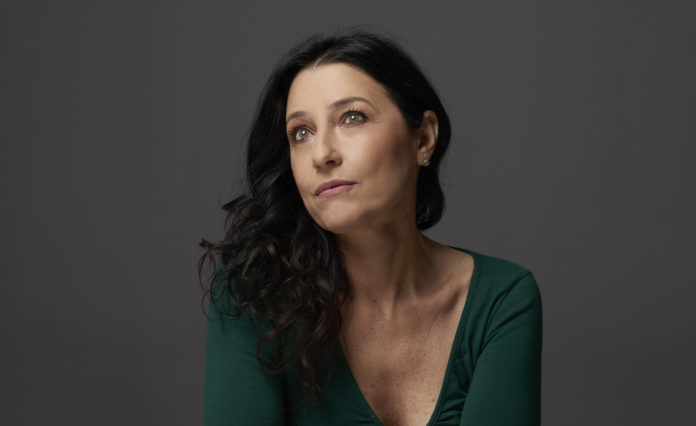YEREVAN / BUENOS AIRES — Magda Tagtachian is a writer and journalist. Born in Buenos Aires, she studied meteorology at University of Buenos Aires. She then worked at Clarin newspaper for twenty years and at Gente y Para Ti magazine. In 2016 she published the first edition of Nomeolvides Armenuhi (Forget me not, Armenuhi, by Penguin Random House), and in 2020 she launched Alma Armenia, published in Argentina and in several Latin American countries (VR Editoras). In her third novel, Rojava (P&J, 2021), she continues with fiction to show the current conflicts in the Middle East, this time in northern Syria. Magda Tagtachian has an active participation in the Armenian community of Argentina and the world and collaborates in different journalistic media and literary fields.
Dear Magda, in the history of the Armenian Diaspora we have many cases when an Armenian author writes in local languages, yet does not become a part of local literature. With your books are you already a part of contemporary Argentinean literature?
Yes, my books have been integrated into Argentine literature. There are in all the bookstores of the country and luckily they sell very well among both Armenian and non-Armenian readers. They also buy them from abroad by shipments or in digital stores. I know because they write me and comment on me. Many readers confess me they dare to investigate their origins after reading my books, whether they are Armenian or not. And non-Armenians and in general thank me because they do not know the complex problems of the Middle East and the South Caucasus. Novels are a way of entertainment. And that is also a way of traveling and learning. That is what I seek with my work. To leave a legacy. Like my grandmothers did with me, even if they did not speak about the Genocide. On those Saturdays and Sundays I spent with them cooking, knitting or helping to sell shoes in my grandmother Maria Balian’s “Cotté” shoe store in the Buenos Aires neighborhood of Villa Urquiza, the DNA that our history brings was impregnated in me. The seed that led me to investigate, write and transform our pain and injustice in the active search for Memory, Truth and Justice.
Last year your novel Rojava was considered one of the 50 best books of the week. The main heroine of the novel is a young Armenian woman who is looking for her father and finds herself among Kurdish women freedom fighters. Is there a prototype for your heroine?
Yes, Nané Parsehyan is the protagonist of Rojava. She is an Armenian woman raised in Soviet Armenia, who discovers when she grows up that her real father is a Kurdish revolutionary. The history of the Kurds and Armenians has always been linked, in one way or another. The Kurds were used in the Ottoman Empire to exterminate the Armenians. They were the front line. As a minority Turks considered them “worthless.” The Armenians were a significant minority in the Ottoman Empire, so the Young Turk party, led by Talaat Pasha, masterminded the Genocide. Today the Kurds suffer like the Armenians from the same threat from Turkey. Nané Parsehyan, the main character of Rojava, is my heroine because she dares to look within herself, to dive into her most contradictory emotions, to know the truth as much as it hurts. She is encouraged to fight and she is not resigned to look for true love, despite having been raised under the strict rules of patriarchy that significantly affected her position in society. Nané’s path is that of liberation and transformation, like Kurdish and Yazidi women now are refunding the Women Revolution in Rojava, to live in an equal new society, far from patriarchal rules. In my novel, Nané Parsehyan is accompanied by Alma Parsehyan, her Armenian cousin and a journalist, raised in Boston. I identify with both of them. Like the struggle of Armenian women in the Middle East and the West. Both fights, perhaps in different ways, for women liberation, antipatriarchal society and to find the true love for their lives.
Being a third-generation Argentinian-Armenian, you are active in Armenian affairs. In what extent and how your generation maintains the national memory and identity alive?










